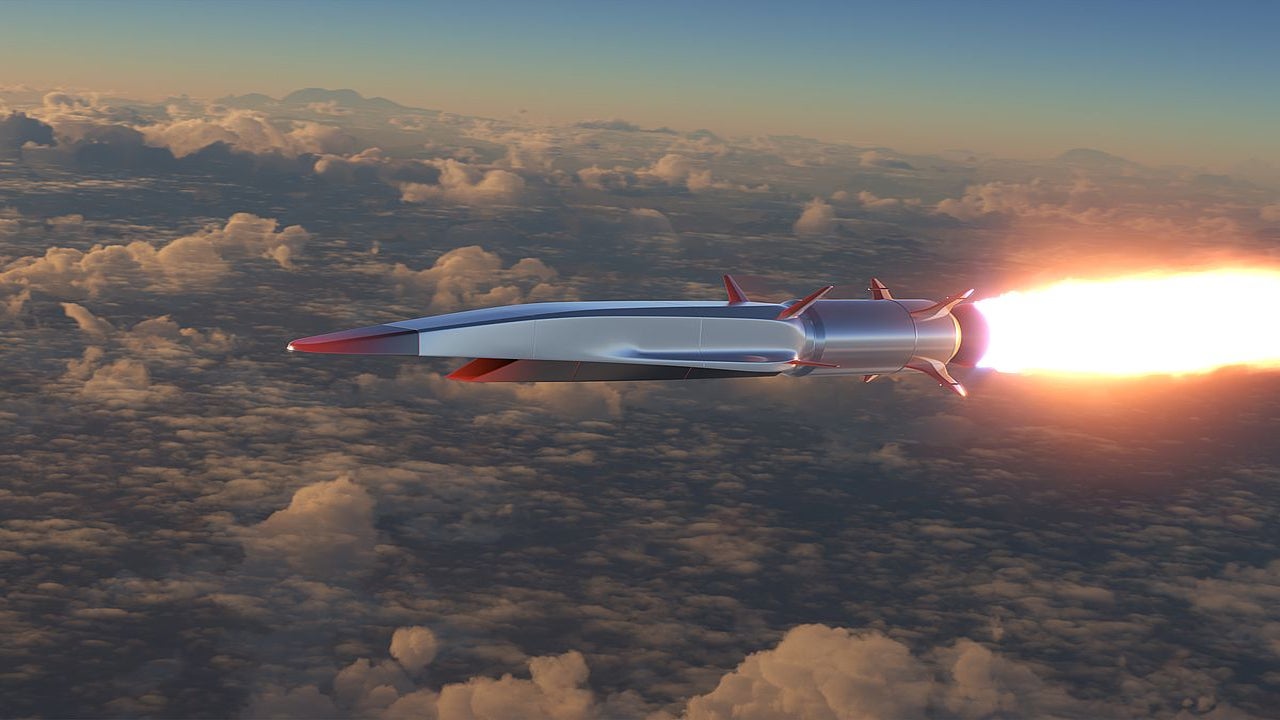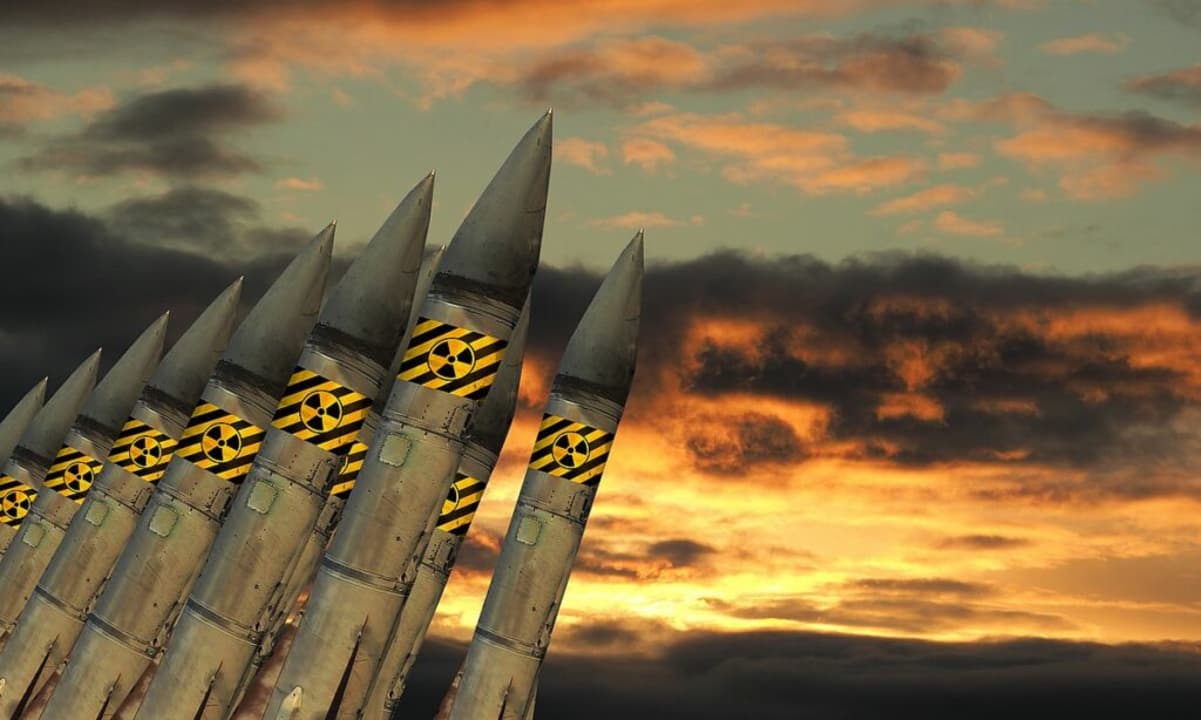News
To use or not to use AI weapons, that is the question of the APEC Summit

- November 14, 2023
- Updated: July 2, 2025 at 12:40 AM

As the leaders of the United States and China prepare to engage in crucial talks in San Francisco, the responsible use of AI weapons emerges as a paramount topic on their agenda. Against the backdrop of the Asia-Pacific Economic Cooperation (APEC) summit, President Joe Biden and President Xi Jinping are set to discuss pressing issues like the Israel-Hamas conflict, Russia’s actions in Ukraine, and the strategic integration of artificial intelligence in military applications.
A recent Wired report highlighted a shared global concern that emphasizes the urgency of this dialogue. The United States aims to initiate discussions with China to establish effective controls over the military deployment of AI technologies, seeking to mitigate potential dangers from hasty and uncontrolled adoption.
AI weapons will be in talks at the APEC Summit
The upcoming meeting between the leaders of these two global superpowers takes on significant importance in the wake of heightened tensions and global uncertainties. Insiders reveal that controlling and regulating AI weapons is a pivotal item on the agenda. The expected outcomes of the APEC Summit include both leaders committing to an agreement that restricts the use of artificial intelligence used in the military, such as drones, and in the mechanisms controlling nuclear warheads.

Despite recent strains in the US-China relationship, the APEC summit provides a platform for Biden and Xi to work towards de-escalating tensions. The use of AI weapons could potentially be an area for collaboration and mutual agreement, offering a glimmer of hope amidst diverging stances on conflicts in Ukraine and the Israel-Hamas dispute.
Evolving military technology: Navigating the AI weapons
In the dynamic landscape of military technology, both the United States and China have committed to the responsible use of AI technologies. Their dedication was first declared in The Hague and further emphasized in Bletchley Park, UK, where they joined other nations in agreeing to collaborate on managing the challenges posed by AI weapons.
While both nations have actively incorporated AI into their military strategies, the focus is now on the specific application of AI weapons, particularly autonomous systems capable of identifying and engaging targets independently. This evolution in warfare technology has sparked a global dialogue about the ethical implications and necessary regulations for AI weapons.
Building a global framework: The United States takes the lead
The United States, spearheading efforts to address the ethical implications of AI weapons, announced a groundbreaking development on November 1. Vice President Kamala Harris revealed an agreement by 30 countries to a declaration advocating for the development of AI weapons in line with international humanitarian law. The declaration aims to ensure AI weapons are reliable, transparent, and free of bias, with provisions for deactivation in case of unexpected behavior.

This initiative is gaining momentum, with the United States urging more nations to endorse the declaration. Today, at the United Nations, the US is set to initiate the implementation of this declaration on AI weapons, which now has the backing of 45 countries. The global race to advance AI technology, spearheaded by powerhouses like the US, China, and the European Union, is counterbalanced by these collaborative efforts to regulate AI weapons, reflecting a conscious move towards responsible technological advancement.
AI diplomacy dynamics
The intricate dynamics of US-China relations are significantly influenced by the strategic role of AI weapons. Policymakers in the United States view AI technology as pivotal in maintaining a competitive advantage over China, leading to efforts to restrict China’s access to advanced semiconductors. This initiative aims at curbing China’s capability to utilize AI technology for military purposes.
However, advocates for the military adoption of AI are acutely aware of the associated risks. More and more people are worried that using AI weapons could make people less trusting of each other, and that problems with AI systems could accidentally make things worse between potential enemies. This acknowledgment highlights the delicate balance between harnessing the advantages of AI in warfare and mitigating its potential to ignite conflict.
As global leaders navigate the AI frontier, the responsible use of AI weapons emerges not only as a diplomatic challenge but as an imperative for safeguarding international peace and security. The upcoming talks between President Biden and President Xi provide a crucial opportunity for these superpowers to collaborate on shaping the future of AI in military applications. This future demands both power and responsibility.
Meet Eray, a tech enthusiast passionate about AI, crypto, gaming, and more. Eray is always looking into new developments, exploring unique topics, and keeping up with the latest trends in the industry.
Latest from Eray Eliaçık
You may also like
 News
NewsChatGPT achieves a 76% increase in its performance
Read more
 News
News'Clair Obscur: Expedition 33' cost a complete fortune, but it's wildly successful
Read more
 News
NewsHelldivers 2 is getting ready to receive its biggest update to date
Read more
 News
NewsThe Game Awards crowned the game of the year last night amid huge controversies
Read more
 News
NewsThe most shocking news from The Games Awards 2025
Read more
 News
NewsThe series returns where you will see Idris Elba like you have never seen him before
Read more